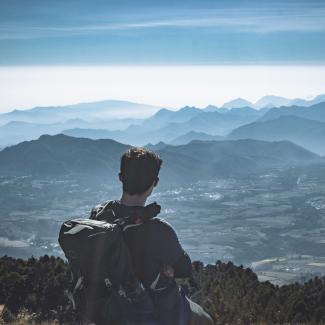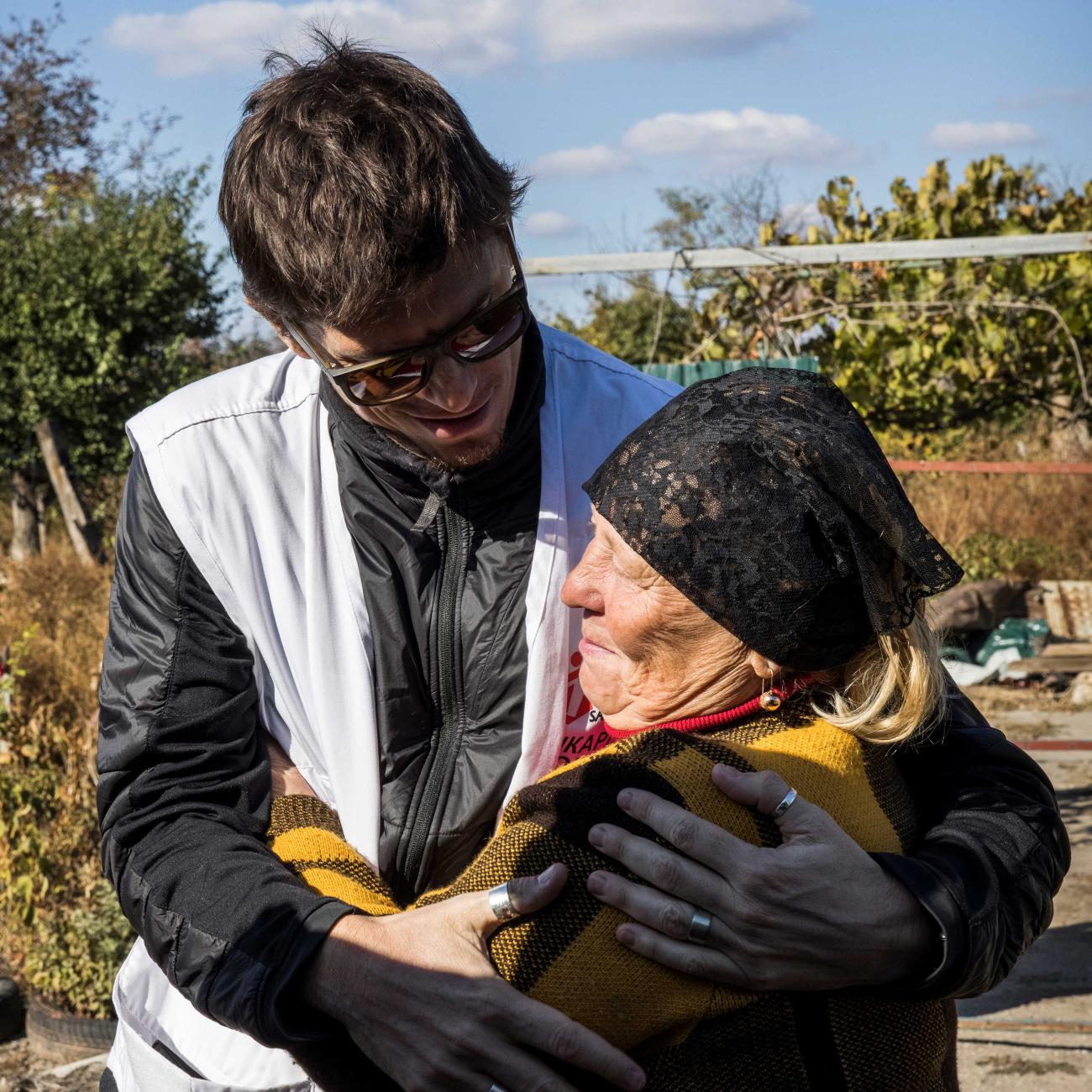People who refuse to be vaccinated pose a risk not just to themselves and their immediate friends and families, they compromise America's return to normalcy. The more vaccine-preventable infections occur, the longer the COVID-19 pandemic will drag on and the greater economic and social damage America will suffer. One way to increase vaccine uptake is to provide privileges to the vaccinated that are not available to vaccine refusers or those who are vaccine hesitant. To access those benefits individuals would need to show proof of their vaccination status with a vaccine certificate or "passport."
Vaccine certificates are being embraced in some countries. In the United States, some in corporate America and in education are the drivers, believing that mass vaccination is our best hope to control the pandemic. Soon, enough vaccines will be available to immunize every adult, and our children may also be protected by the end of the year. A truly comprehensive national vaccination campaign in the United States may not completely eliminate the virus from society, but it should reduce its spread sufficiently to turn COVID-19 into something we can live with rather than die from.
A comprehensive national vaccine campaign should turn COVID-19 into something we can live with rather than die from
Unfortunately, we may soon have more vaccine doses available than people who are willing to take them. While more than half of Americans have received at least one COVID-19 vaccine dose, about a quarter say they won't get a vaccine. The outcome could be continued circulation of the virus and the emergence of new variants—including some that may compromise how well vaccines can protect those of us who are vaccinated.
Multiple drivers underlie vaccine refusal: distrust of institutional medicine, a general fear of a vaccine that's too new to be trusted; and medical myths about vaccine safety spread online and through social media. These different problems require different solutions. But a troubling contributor is part of America's partisan "culture wars." As with declining to wear a mask or attending large gatherings, refusing to take a vaccine is more common in certain political circles. To follow these recommendations from government health officials might be viewed as an assault on personal freedom, and in contrast to a "don't tread on me" ethos. But a lethal virus does not recognize a voter's political status. Some television presenters have stirred up controversy, as well. Fox News host Tucker Carlson attacked the COVID-19 vaccine rollout in a recent segment of his show inaccurately linking thousands of deaths to the COVID-19 vaccine.
What do refusers think might happen to them? Vaccine refusal makes no sense in the long term; in an unchecked pandemic, most people will eventually be exposed, and death is not the only risk. Many infected people suffer long-lasting, life-changing health consequences.
When the economy resumes fully, attending in-person meetings may require proof of vaccination. Would major conventions or in-person meetings be held in cities with a high vaccination rate, or a low one? The national and international business communities will make that choice, factoring in employee and customer safety as well as legal and moral concerns. Convention centers and hotels in Florida and Texas may struggle for customers as a result of decisions made by their governors.
Vaccination certificates are not a mandate, they represent a choice: Be vaccinated and mingle freely with others, or be unable to participate in events where you are a risk to other people. Be vaccinated and fly on a commercial airline, or use your car. Be vaccinated and attend a sporting event, or go to a movie theater, or watch your entertainment alone on television. Be vaccinated and go on a cruise, or watch as your boat sails away. Be vaccinated and visit another country, or stay home. By framing our choices this way, one can see how vaccination certificates could increase the speed at which we end the pandemic.
Vaccination certificates are not a mandate, they represent a choice
Vaccine refusers say that what they want most is the freedom to live their lives unfettered by any of the restrictions imposed by a global pandemic. But there's an irony in refusing to help all of us get there. Freedom isn't free. And it never has been in a complex society where what we do affects our neighbors. Many public health-based constraints on our behavior are imposed by national and local governments or private businesses. We wear motor-bike helmets and use seat-belts, and we cannot smoke cigarettes inside most business establishments. Hospitals require visitors to wear a face mask to protect physicians and patients. Bars and restaurants generally insist that patrons wear shirts and shoes to maintain standards of good hygiene—so why the controversy over wearing masks?
Even in states that permit the open carrying of firearms, it is often illegal to carry a gun into any place where alcohol is served, for public safety reasons that are as obvious as they are sensible. There are already COVID-19 related restrictions on the rights of Americans to travel freely—we cannot yet leave the country on a cruise liner. We must be virus-tested before flying to and from many countries, and we recognize the need for outright travel bans. We have long had to show boarding passes (issued by a company) and ID (issued by the state) to board a plane. So why all the fuss over needing a vaccination document as a condition to enter a bar, restaurant or movie theater, or to travel by plane, train, or ship?
Again, it's not a mandate; an American doesn't have to be vaccinated. But if someone chooses to refuse then they will face additional restrictions on what they can do in order to protect other Americans. How is that so different from many circumstances we accept as necessary to protect the rights of our neighbors? Don't they also matter?
Genuine practical issues must be resolved. Vaccination certificate systems need to be fair to everyone, including people who do not have cell phones. Attention must be paid to fraud-security; cheating will happen. Privacy advocates raise additional and legitimate concerns. Big business has the resources to put the right protocols in place—we're seeing it in action in some countries and in some U.S. states.
Nobody seeks more bureaucracy and hassles in their lives. But for over a year a deadly pandemic has killed nearly 580,000 Americans, crippled many more, and compromised our freedom to enjoy ourselves. To prevent yet more death, damage and destruction, obtaining and using a vaccination certificate seems a price worth paying. This should not be a political issue, it's just sheer common sense—a positive step towards the resumption of normal life.





